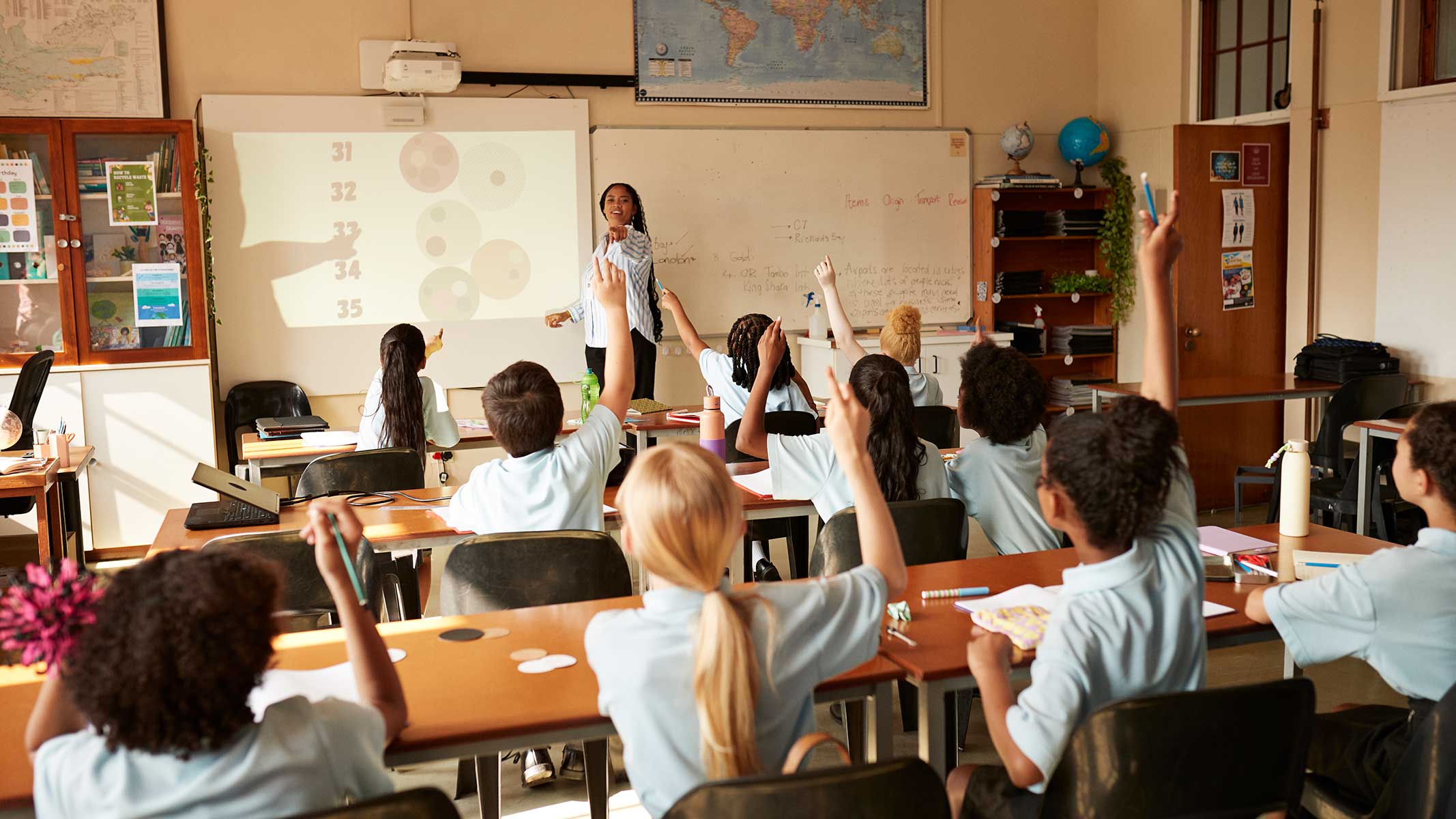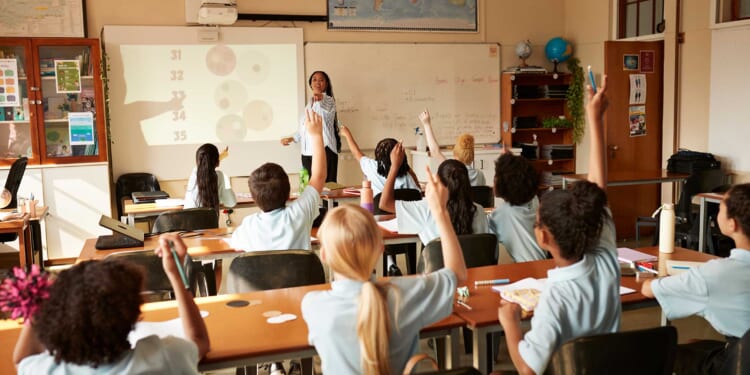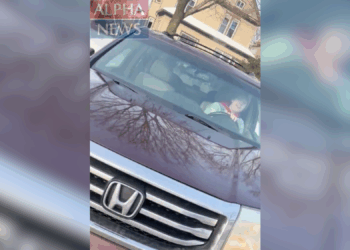
For years, states and school districts have discriminated against religious families who turn to faith-based schools to meet their children’s special education needs. The Supreme Court has made abundantly clear that the First Amendment prohibits the government from discriminating against religious believers, institutions, or conduct when it creates programs that enlist private organizations to advance public goals. But families are still forced into costly litigation just to secure what federal law already guarantees them: a free and appropriate public education.
Last week, one of those families triumphed in court. In Board of Education v. E.L., Manhattan federal judge Jessica Clarke, a Joe Biden appointee, rejected New York City’s attempt to deny reimbursement for the religious studies portion of a child’s tuition at a faith-based special-needs school. Judge Clarke explained that the Supreme Court’s recent cases make clear that it is unconstitutional to “prohibit all funding for all religious instruction.”
Finally, a reason to check your email.
Sign up for our free newsletter today.
The facts of the case show why the family prevailed. Under the Individuals with Disabilities Education Act (IDEA), children with disabilities are entitled to an education that meets their unique needs. When districts fail to provide the education services mandated by IDEA, parents may place their children in private schools and seek reimbursement. That is exactly what E.L.’s parents did when they enrolled him in the SINAI School, a Jewish institution that integrates religious content with exercises designed to build reading comprehension and language skills.
The New York State Board of Education fought E.L.’s parents at every step. An administrative hearing officer concluded that the district had failed to provide an adequate education and ordered tuition reimbursement but excluded the Judaic Studies classes from that reimbursement as “nonsecular.” On appeal, a state review officer reversed that exclusion, ruling that federal law prohibits disqualifying religious instruction from otherwise neutral programs. Still, the board pressed on, dragging the family into federal court in the name of a policy that withholds millions of dollars annually from religious special-needs schools. Now, with Judge Clarke’s ruling, the board has lost yet again.
This case highlights a broader national problem: more than a dozen states continue to enforce policies that exclude religious schools and families from special-education programs, forcing parents to choose between their children’s educational needs and their religious commitments. Some refuse to certify religious schools as providers, regardless of qualifications. Others reduce reimbursements for families who independently secure appropriate placements, deducting the portion of the day devoted to religious studies. And a federal regulation, cited by the New York City Board of Education to justify its position, prohibits recipients of IDEA funds from engaging in “religious worship, instruction or proselytization.”
California offers one example. Until recently, its education code prohibited “sectarian” schools from serving as special-education providers, automatically disqualifying religious schools with excellent programs. A federal appellate court struck down that rule last year, recognizing that it “easily . . . fails the neutrality test.”
California has since abandoned the practice. But in many other states, similar exclusions remain on the books.
The scale of the problem is now clearer than ever. Working with the Orthodox Union’s Teach Coalition, the Notre Dame Religious Liberty Clinic, and the EPIC Coalition, we have built the Religious Discrimination Tracker at religiousequality.net, which attempts to identify all state and federal laws that continue to exclude religion and religious institutions from government programs.
The Tracker documents laws, regulations, and administrative practices that systematically block religious families and schools from accessing special education funding. A sobering picture emerges: while public schools routinely struggle to serve children with disabilities, governments across the country continue to close the door on religious schools that could meet those needs.
The human costs of religious discrimination in special education programs are staggering. Special education is expensive, and families denied reimbursement often face hundreds of thousands of dollars in costs over the course of a child’s education.
New York City, home to the nation’s largest Jewish population, illustrates the stakes. A 2019 external review commissioned by the New York State Education Department concluded that the high volume of complaints by parents to the board “raises valid questions of the school district’s ability to offer free appropriate public education to its students with disabilities.” Yet, instead of partnering with religious schools that could help meet these students’ unique learning needs, New York litigated to keep them out.
Equal treatment under the law should not depend on whether a special-needs child learns reading comprehension from Dr. Seuss or from the Bible. States must end discriminatory practices that bar religious families from special-education programs and instead focus on what every child deserves: an education that works.
Photo: Klaus Vedfelt / DigitalVision via Getty Images
City Journal is a publication of the Manhattan Institute for Policy Research (MI), a leading free-market think tank. Are you interested in supporting the magazine? As a 501(c)(3) nonprofit, donations in support of MI and City Journal are fully tax-deductible as provided by law (EIN #13-2912529).
Source link

















